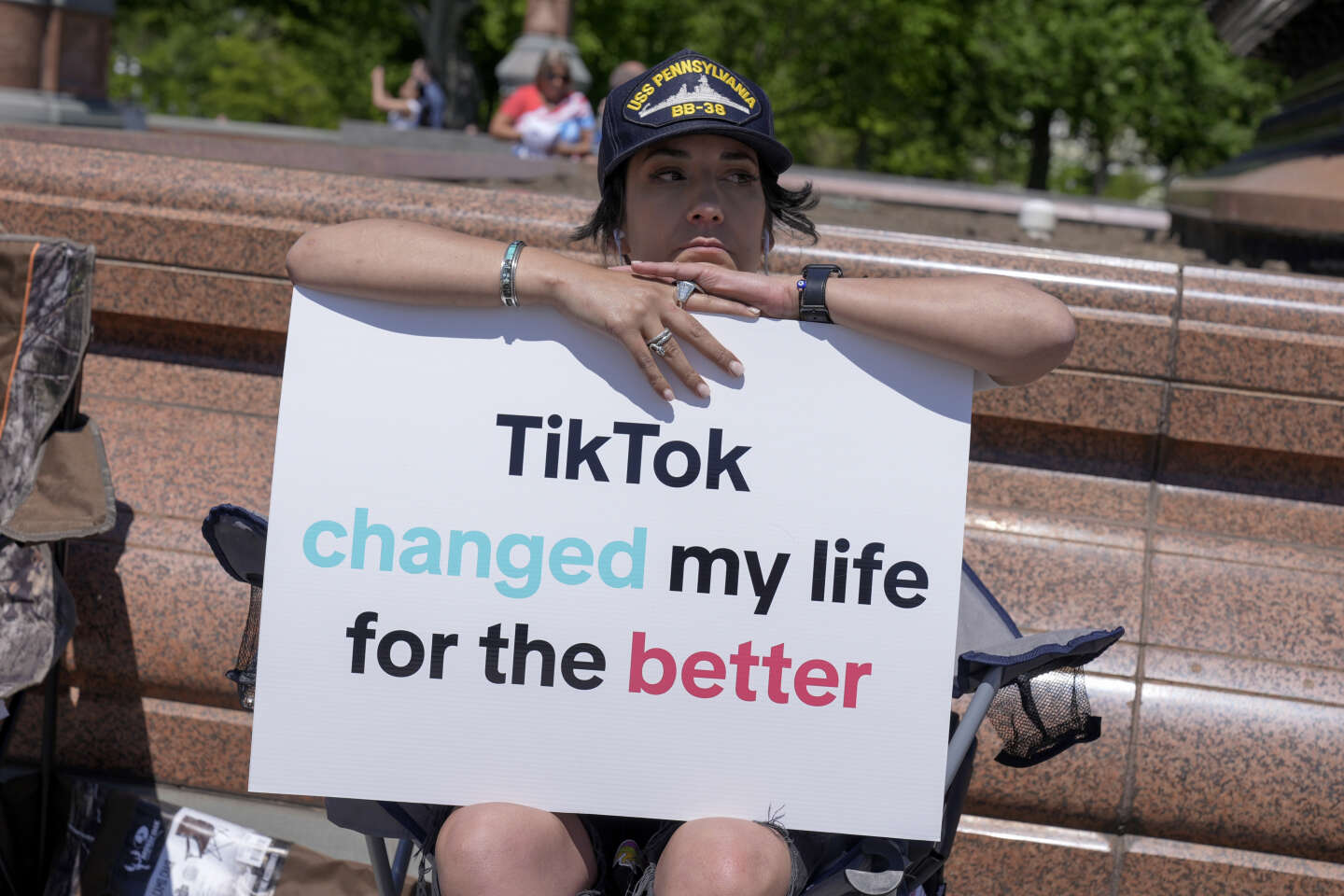


US lawmakers voted overwhelmingly to ban a foreign company. The company has been demonized and, because of its owner's nationality, the company has been accused of threatening national security. A president rushes to authorize the sale of the company to hand-picked investors. A former Treasury secretary sees a bargain and stands in line to buy the company.
We're not in Vladimir Putin's Russia, but in the US, standard-bearer of free enterprise. Is it possible that the Chinese social media TikTok, since that's the company we're talking about, is in the process of driving America insane, and not just because of the addictive, time-consuming short videos it offers?
The "Protecting Americans from Foreign Adversary Controlled Applications Act," passed by the Senate on April 23 requires ByteDance, TikTok's Chinese owner, to sell the app within a year or face a ban. Steven Mnuchin, Trump's former Treasury Secretary, says he is ready to put together an investor group. The China-America battle over TikTok will now be settled in courts, in a case where bad faith is what is most shared.
Supporters of the bill have pointed out that the application was already banned in India in 2020, and that American platforms such as Facebook, YouTube and X have been banned in China for the past 15 years. In short, a case of tit for tat.
A problematic addiction
When Beijing accuses Washington of "abusing state power to crack down on foreign companies," it's the pot calling the kettle black. But the fact that the US is adopting behaviors comparable to those of the Chinese government risks seriously denting America's role as a defender of freedoms and of the guarantee of an open internet. Criticism of censorship in autocracies may now ring hollow in the global South.
Behind the debate about the real or supposed danger of the app lies a terrifically effective artificial intelligence tool. From billions of short videos, TikTok collects an unprecedented amount of data about its users. Thanks to its increased virality, TikTok's algorithms have enabled the app to pass the billion-subscriber mark in half the time it took Facebook. On average, Americans spend 50% more time on the Chinese network than on Instagram.
There's no doubt that TikTok's addiction is a problem. But TikTok has a silver lining. Even if the Chinese application has moved up a notch in terms of addictive sophistication, the same criticism can objectively be leveled at its American competitors. While Europeans are concerned and are passing legislation to protect minors, the US has remained passive in the face of the phenomenon.
You have 51.25% of this article left to read. The rest is for subscribers only.
